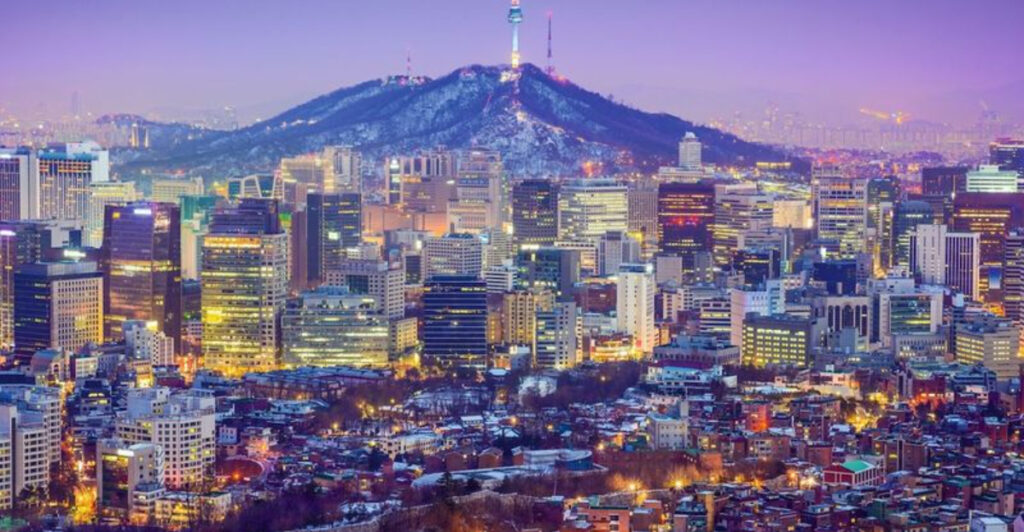Planning your dream vacation abroad? You might want to check if your American passport is still welcome. Global travel dynamics are shifting dramatically, with numerous countries implementing stricter entry requirements or subtle discouragement policies aimed at U.S. travelers. From visa changes to diplomatic tensions, these nations are making it increasingly difficult for Americans to visit their shores in 2025.
1. Brazil’s Visa Revival
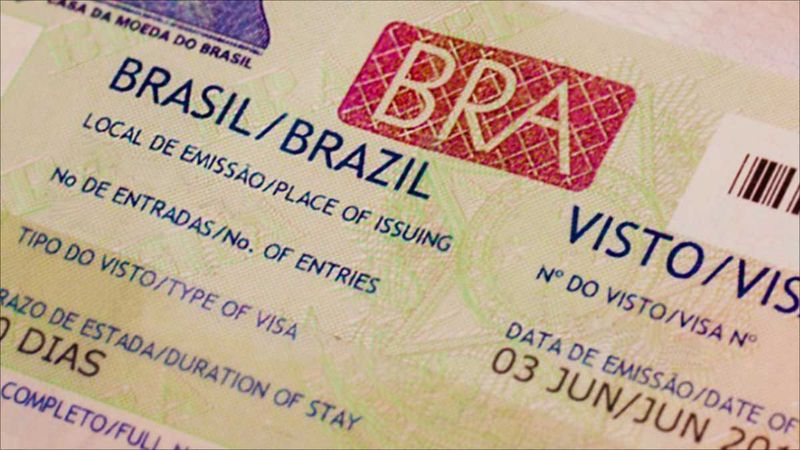
After a decade of visa-free access, Brazil reinstated its e-visa requirement for Americans this April. The $80 fee and cumbersome application process have already caused thousands of canceled trips.
Tourism operators report a 15% drop in American bookings since the announcement. Many travelers cite the sudden policy shift as feeling retaliatory rather than administrative.
Brazilian officials maintain the change simply restores reciprocity, as Brazilians still need visas to enter the U.S.
2. Canada’s Quiet Border Pushback
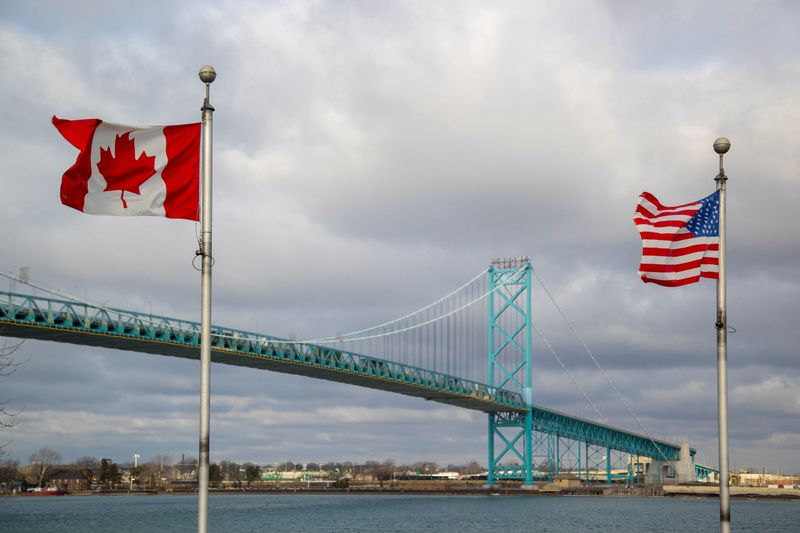
No official ban exists, but Canadian attitudes toward American visitors have chilled considerably. Border crossings near popular destinations like Niagara Falls have plummeted by 42% compared to last year.
Local businesses that once welcomed U.S. tourists now display subtle signage suggesting “local customers preferred.” Political tensions have transformed the world’s longest undefended border into an increasingly uncomfortable crossing point.
Summer flight bookings from the U.S. have dropped by a staggering 21%.
3. Germany’s Cooling Reception

Germany hasn’t formally restricted American entry, but the welcome mat has definitely been pulled back. Hotel bookings by U.S. travelers fell 28% after several high-profile incidents involving American tourists being asked to leave restaurants in Berlin.
NATO disputes and trade tensions have fueled anti-American sentiment among locals. German travel agencies now warn U.S. visitors about potential public hostility, especially in eastern regions.
Some tour guides refuse American groups altogether, citing “incompatible cultural expectations.”
4. France’s Luxury Lockout

French luxury hotels report an “unprecedented” 20% drop in American bookings. Exclusive establishments in Paris have quietly implemented new reservation policies requiring European credit cards for confirmation.
American visitors describe being seated in less desirable restaurant sections or facing longer waits for service. Political disagreements have spilled over into tourism, with some French travel agencies openly discouraging U.S. clientele.
The change represents a dramatic shift for a country that once enthusiastically courted wealthy American visitors.
5. Denmark’s Grassroots Rejection
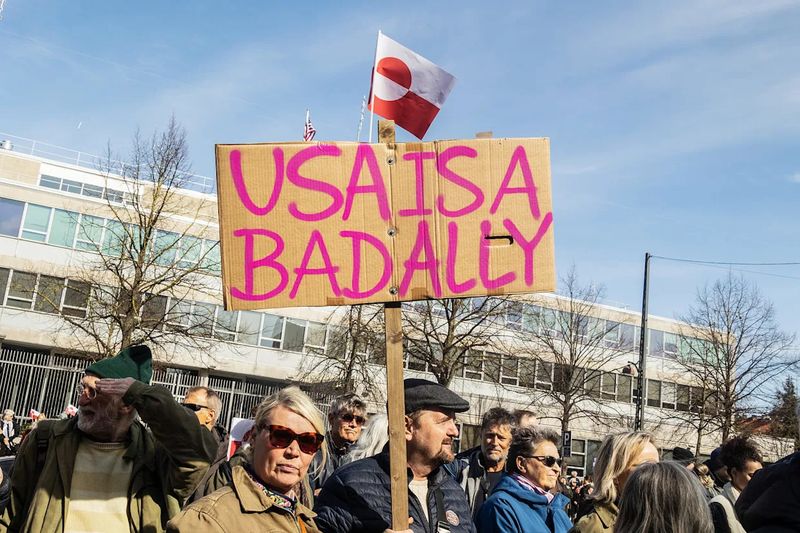
A Danish “Boycott USA” movement with over 95,000 Facebook members has spawned a reciprocal attitude toward American visitors. Small businesses throughout Copenhagen display subtle window stickers indicating their participation in the movement.
Danish tour operators report canceling U.S.-focused itineraries due to lack of interest. The movement gained significant momentum following controversial remarks about Greenland by American political figures.
Travelers report experiencing cold shoulders rather than outright refusals of service.
6. Netherlands’ Border Scrutiny
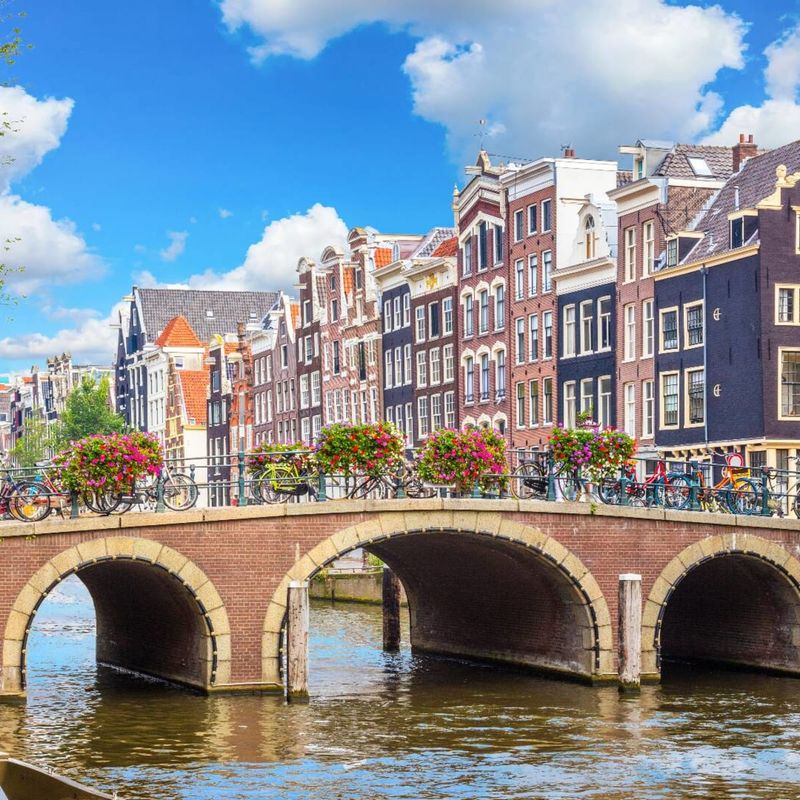
Dutch immigration officials have quietly implemented enhanced screening procedures specifically targeting American passports. Travelers report extended questioning about travel purposes and financial means, with detention periods increasing by 300% since January.
Amsterdam’s famous tourist districts now feature fewer American-friendly amenities. The government updated travel advisories warning citizens about potential entry denials when visiting the U.S.
Summer flight bookings between the countries have plummeted by 17%, creating a mutual tourism chill.
7. Mexico’s Reciprocal Resistance
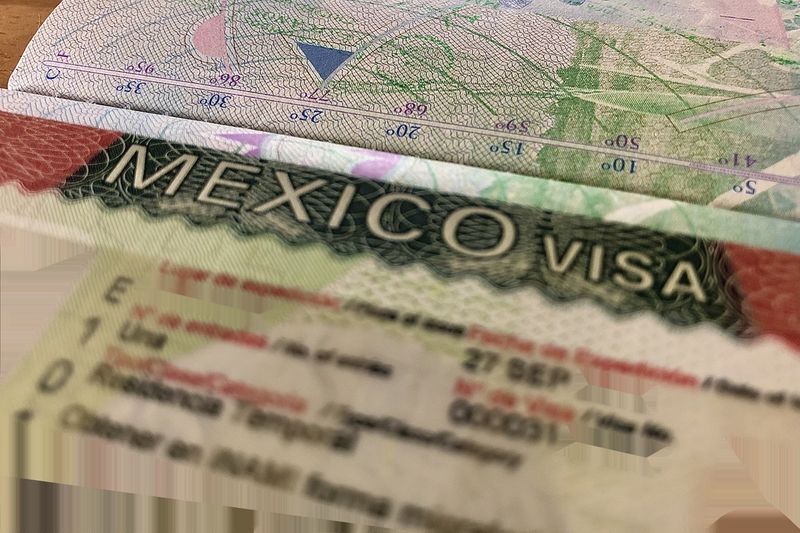
Following heated border debates and tariff threats, Mexico’s tourism board has quietly redirected marketing away from U.S. visitors. Popular destinations like Cancún and Los Cabos now prioritize European and Canadian tourists in promotional materials.
Mexican immigration officials have implemented stricter enforcement of the tourist card requirement for Americans. Visitors report increased questioning about return plans and financial solvency.
Meanwhile, cartel violence has prompted the U.S. to issue Level 3 warnings for several Mexican states, creating a mutual tourism decline.
8. Pakistan’s Permit Problems

Following its addition to the U.S. State Department’s Level 3 “Reconsider Travel” list, Pakistan has implemented its own restrictions. American travelers now face extended wait times for travel permits, especially near sensitive regions like Balochistan.
Local guides report being discouraged from accepting American clients. Hotel registrations for U.S. passport holders trigger automatic security reviews, adding uncomfortable layers of surveillance to visits.
Pakistani officials cite “security reciprocity” as justification for the increased scrutiny.
9. Burundi’s Bureaucratic Barriers
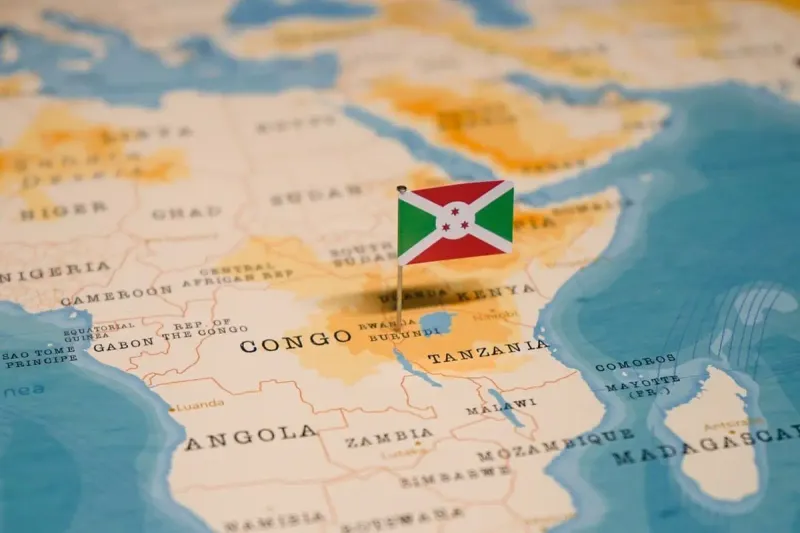
This small African nation has responded to its Level 3 designation by the U.S. with dramatically slowed visa processing for American applicants. What once took days now stretches into months, with approval rates plummeting below 40%.
Local officials require Americans to provide detailed itineraries and daily check-ins with authorities. Tourism operators report being pressured to limit American clientele or face increased regulatory scrutiny.
The government maintains these measures are necessary for “mutual security concerns.”
10. Ecuador’s Entry Expenses
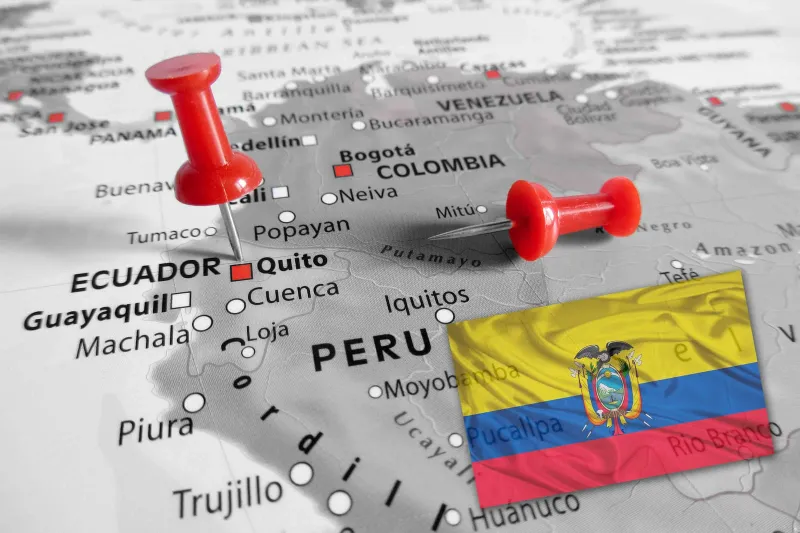
Ecuador has quietly doubled visa fees exclusively for American travelers while maintaining lower rates for other nationalities. Border officials now require Americans to show proof of accommodation for their entire stay, unlike visitors from other countries.
Galapagos Islands tours have implemented new nationality-based pricing structures that significantly increase costs for U.S. citizens. Local guides report being instructed to prioritize non-American tourist groups during peak seasons.
U.S. bookings have consequently dropped by 11% amid these subtle but effective deterrents.
11. Switzerland’s Selective Service
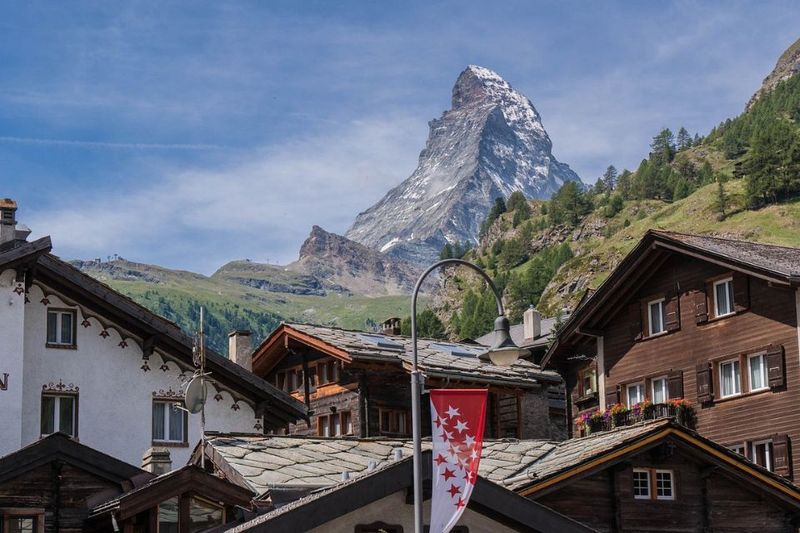
Swiss immigration authorities have implemented a new “enhanced verification” process specifically for American travelers. Visa processing times have mysteriously doubled, with applicants reporting excessive documentation requirements not listed on official websites.
Luxury hotels in Zurich and Geneva have begun limiting room allocations for U.S. booking platforms. Tour operators note a growing reluctance to accommodate American groups, citing “incompatible expectations” as the reason.
This represents a significant shift for a country long known for its neutral stance toward visitors.
12. China’s Calculated Coolness
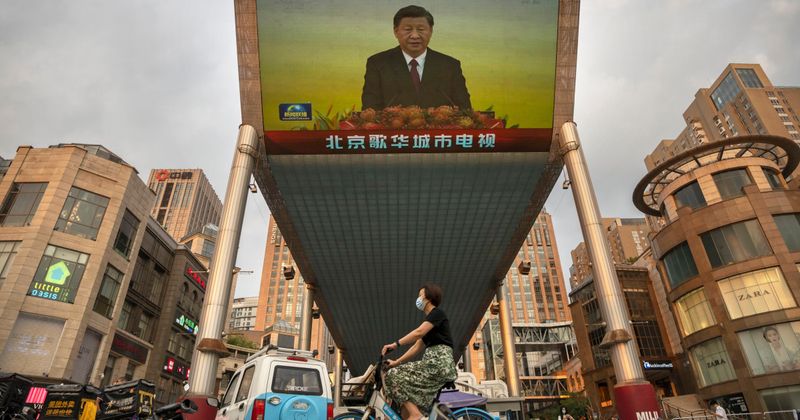
Chinese authorities have implemented a special “American visitor registration” requirement in major cities. U.S. travelers must report their daily movements to local police stations, a requirement not imposed on other Western visitors.
Hotel staff in Beijing and Shanghai have been instructed to place American guests on designated floors for “easier management.” Tourist sites have quietly removed English-language information while maintaining translations in other European languages.
Border officials report heightened scrutiny of American electronics during entry.
13. South Korea’s Supplementary Screening
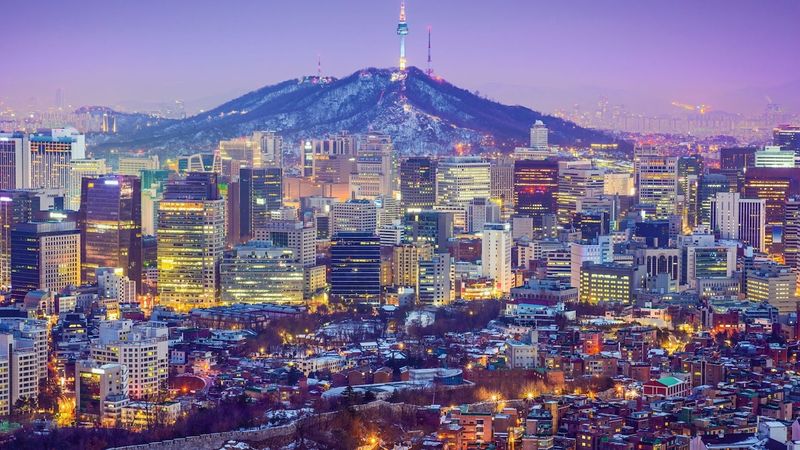
South Korean immigration has implemented an additional documentation layer exclusively for American business travelers. Visitors report being separated from other arrivals for extended questioning about their purposes and connections within the country.
Tourism operators have shifted marketing efforts away from U.S. travelers following the weakening won and ongoing trade disputes. Some Seoul restaurants have introduced differential pricing structures that effectively charge Americans more through service fee variations.
Business visa approvals have slowed by 22% since January.
14. Dominican Republic’s Document Demands
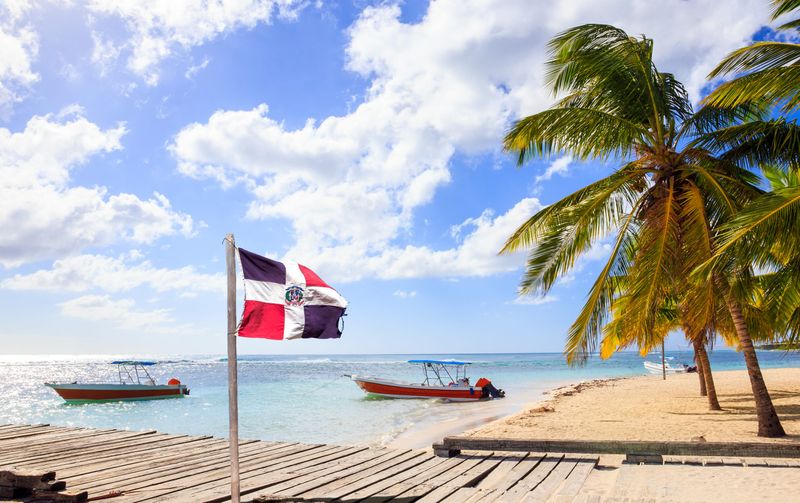
The Dominican Republic now requires Americans to present proof of onward travel and detailed accommodation plans, requirements waived for Canadian and European visitors. Immigration officers have implemented a special secondary screening process that delays U.S. arrivals by an average of 90 minutes.
Resort properties have quietly reduced their allocations for American booking platforms. Local businesses increasingly display signs indicating preference for euros over dollars.
These measures coincide with a 9% drop in U.S.-bound flights from the country.
15. Sweden’s Systematic Slowdown

Swedish authorities have implemented a mysterious “system maintenance” period that consistently affects American visa applications. Processing times have tripled while approval rates have declined by 17%, with no official explanation offered.
Stockholm hotels report being encouraged to limit American guest percentages to maintain “cultural balance.” Tourism officials have redirected marketing budgets away from U.S. travelers toward Asian markets.
These changes align with Sweden joining European tourism boycott movements targeting American visitors.

